Last Updated on November 17, 2022 by Rachel Hall
Breakups suck. I remember being dumped at 17 and looking around my college canteen, wondering if anyone had ever been so miserable. All I thought about was my ex and what had gone wrong. Extreme melodrama aside, I think most people will confidently say that they don’t enjoy the tumult of breakups, the awkward “let’s be friends” phase, or coming home to a cold and empty house. Toxic relationships are even worse. So let’s look at what to do to recover from a bad breakup.
Define The Relationship
We should start by confirming the difference between a toxic relationship and an abusive relationship. For the purposes of this article, I’m going to define “toxic” as a relationship where there’s emotional apathy on one side, cheating or detachment. You might not like your significant other. Then there are abusive relationships, which involve gaslighting, manipulation, domestic violence, sexual assault and deliberately harming someone’s self-esteem.
Obviously, neither of these are good situations to be in. We should also acknowledge that some people who’ve been in abusive or toxic relationships might take some time to realise how bad it all was. This can be frustrating for friends and overwhelming for the person themself.
The Good Breakup
Some people might find breakups to be a relief. I was recently talking to a friend who met a man, had three children, spent twelve years together and then realised she is a lesbian and left him. Both parties felt relieved and now, they’re friends who co-parent and are much happier. There was some upset, of course, but now they’re both noticeably doing better.
Similarly, someone leaving a toxic or abusive relationship might initially feel great. They’re free of someone who made them miserable and hurt them. Perhaps they’ll rekindle old friendships, rediscover hobbies, throw themselves into their career and get wealthier and better at their job. The first time someone flirts with you at a bar after a breakup is a strange feeling, but it’s also usually nice and flattering.
What To Do After A Breakup
This doesn’t always last. You’re allowed to have mixed feelings about an ex, even if they were abusive. It makes even more sense if the person you dated manipulated you or tried to make you feel bad for them. Perhaps you’ll feel guilty for leaving, or like part of you misses them, or that you’re losing out on their company and the things you did together.
There’s no easy cure for heartbreak. This is what I’d suggest in a “normal” relationship: give yourself some time; be with friends; practice self-care; block your ex on social media; don’t rush into anything with someone else. But for co-dependent, toxic or abusive relationships, it may take more. If you’ve experienced physical abuse from a partner or sexual or emotional abuse, it might be helpful to see a therapist. There’s a chance of you developing PTSD and this will need treatment.
Learning From Your Parents
The cycle of abuse is when people who have dysfunctional families grow up and repeat some part of that behaviour with their own partners or children. It’s an unhealthy pattern that can be really, really hard to break. This doesn’t mean that you’ll never have a healthy relationship, it means that you’ll need to be aware that what you saw isn’t what you should expect or repeat.
Again, this is the kind of thing that’s best to work out with a therapist, psychiatrist or counsellor. That way you can spot when things start to go wrong and find a healthy way of coping instead of struggling.
Codependency In Relationships
In a recent edition of The Guardian, there was a piece about codependent and toxic relationships. Readers wrote in with their own stories and one shared her experience with Codependent Anonymous. It’s similar to Alcoholics Anonymous or Narcotics Anonymous because they both have a twelve-step program with other people who are struggling with codependency and have regular meetings which can be attended in person or online.
I had never heard of this organisation, and wonder how many people have the self-awareness to know that they struggle with codependency and would seek out help for it. Nevertheless, the person who wrote to The Guardian was keen to emphasise how much the organisation had helped her, so if you’re leaving a toxic and codependent relationship, it might be worth seeing if there’s a local group that can help you.
Conclusion
Ultimately, there isn’t one clear way to deal with the end of a relationship. I spend a few days floating around, waiting to deal with my own misery and work out what to do next. To be honest, it isn’t great. What you do is up to you, because you don’t have to discuss things with a significant other anymore. This can be a strange adjustment, but know that time, friends, and sometimes professional help, can heal all wounds.

Rachel Hall, M.A., completed her education in English at the University of Pennsylvania and received her master’s degree in family therapy from Northern Washington University. She has been actively involved in the treatment of anxiety disorders, depression, OCD, and coping with life changes and traumatic events for both families and individual clients for over a decade. Her areas of expertise include narrative therapy, cognitive behavioral therapy, and therapy for traumatic cases. In addition, Rachel conducts workshops focusing on the psychology of positive thinking and coping skills for both parents and teens. She has also authored numerous articles on the topics of mental health, stress, family dynamics and parenting.

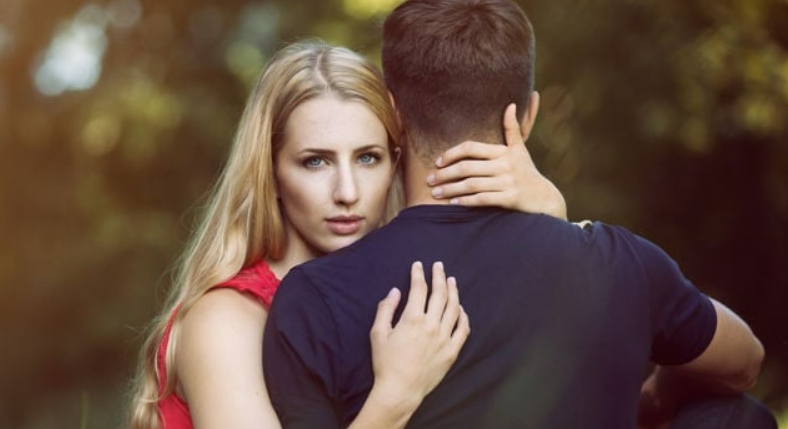
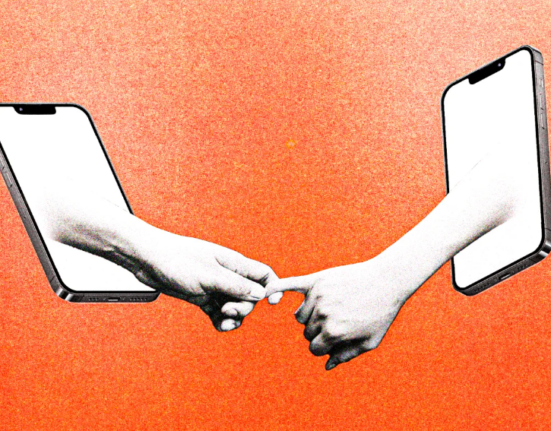

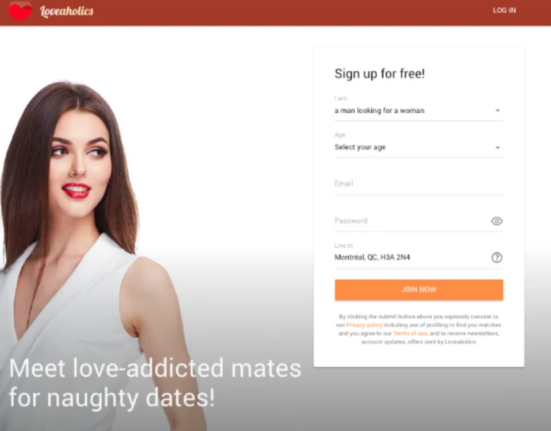

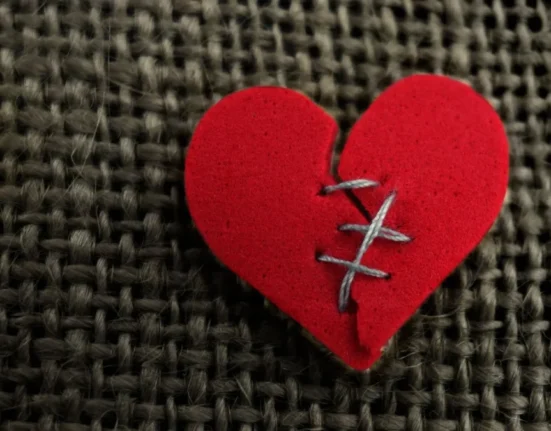
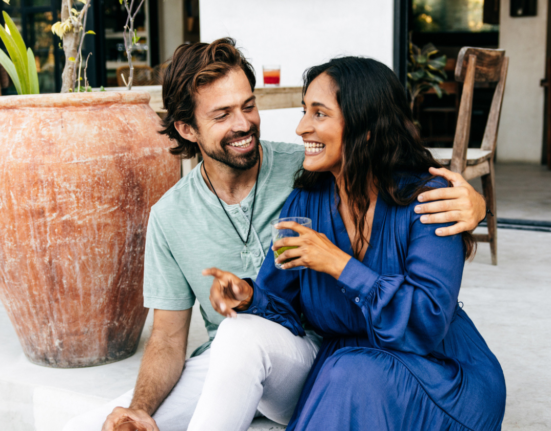
Leave feedback about this